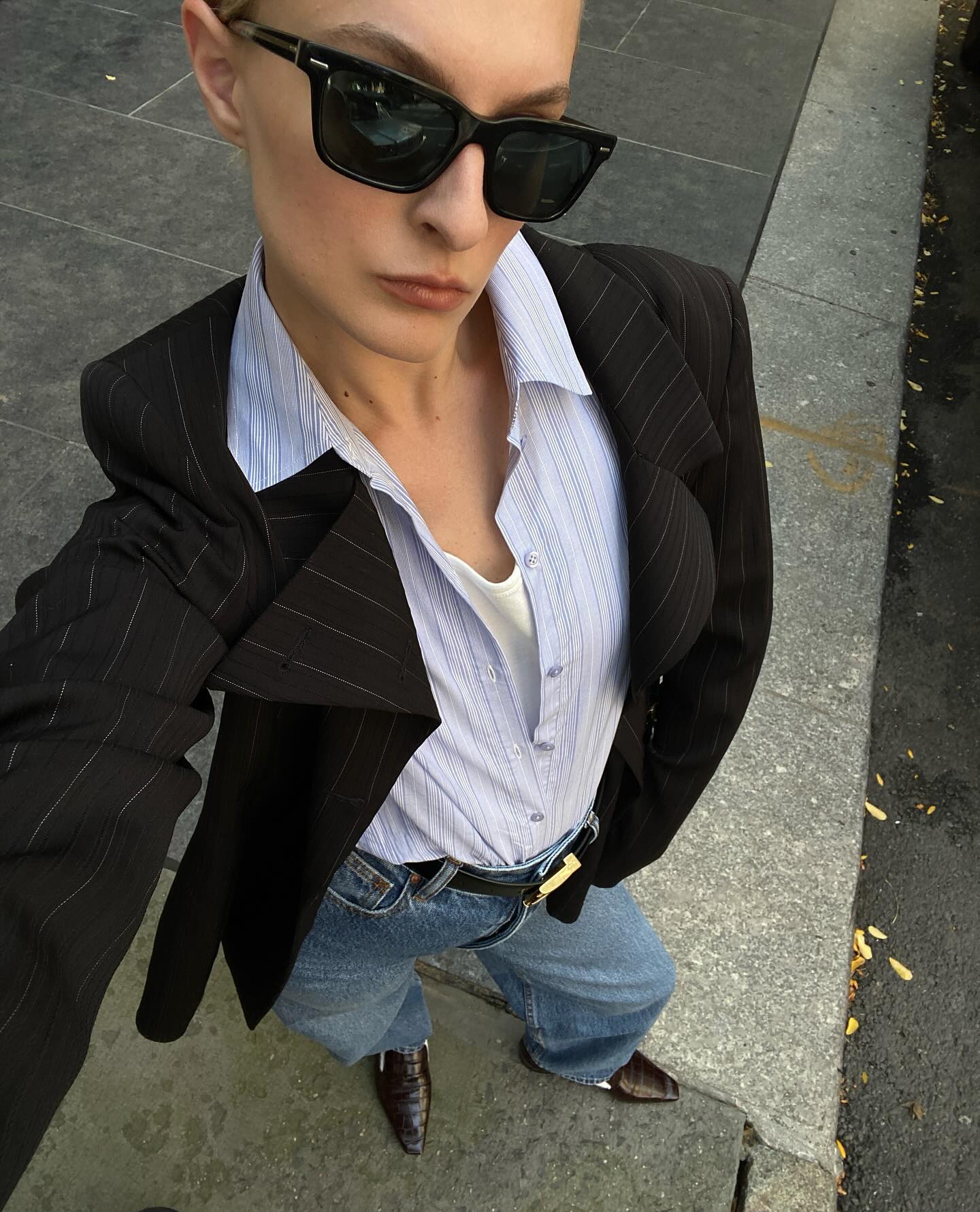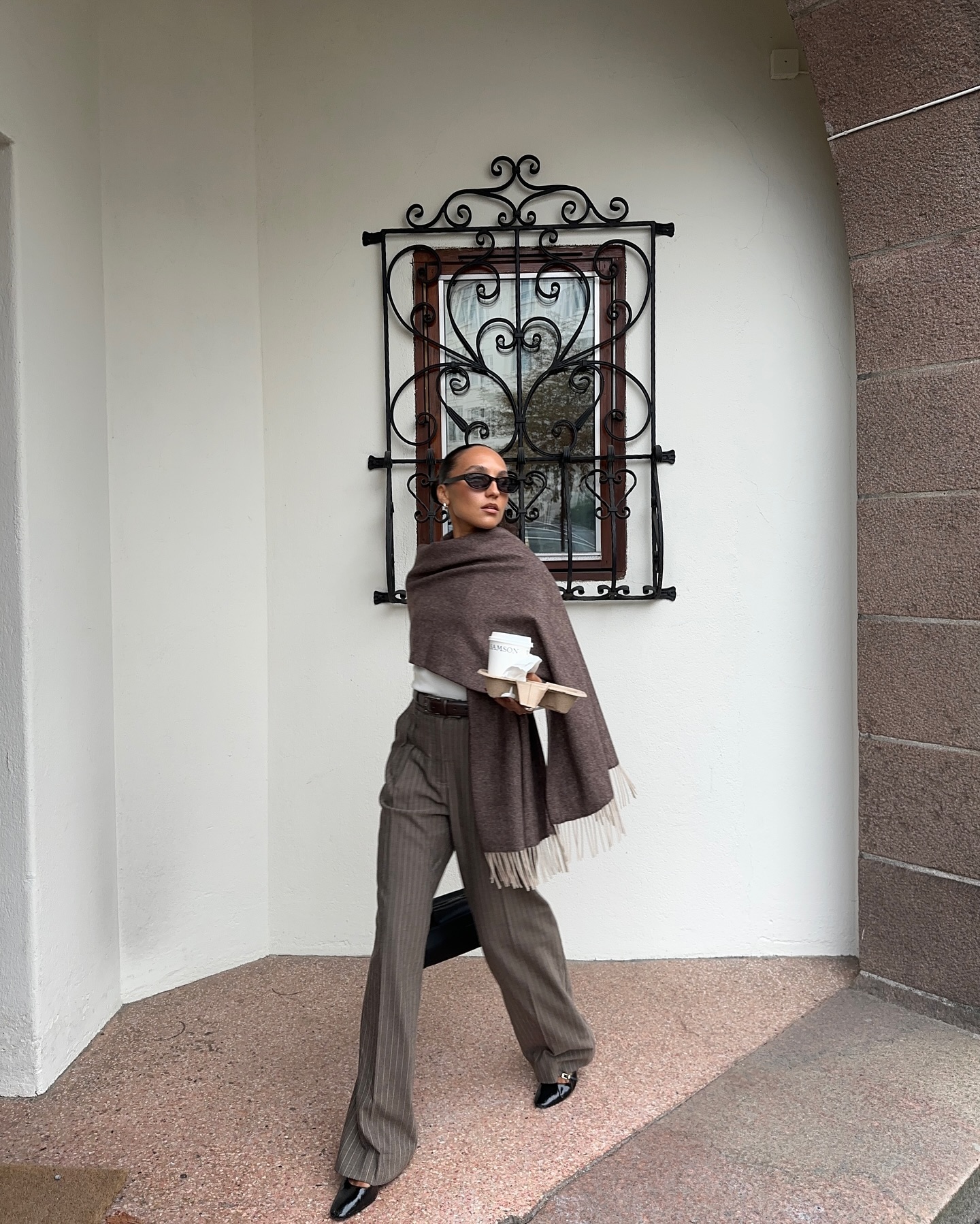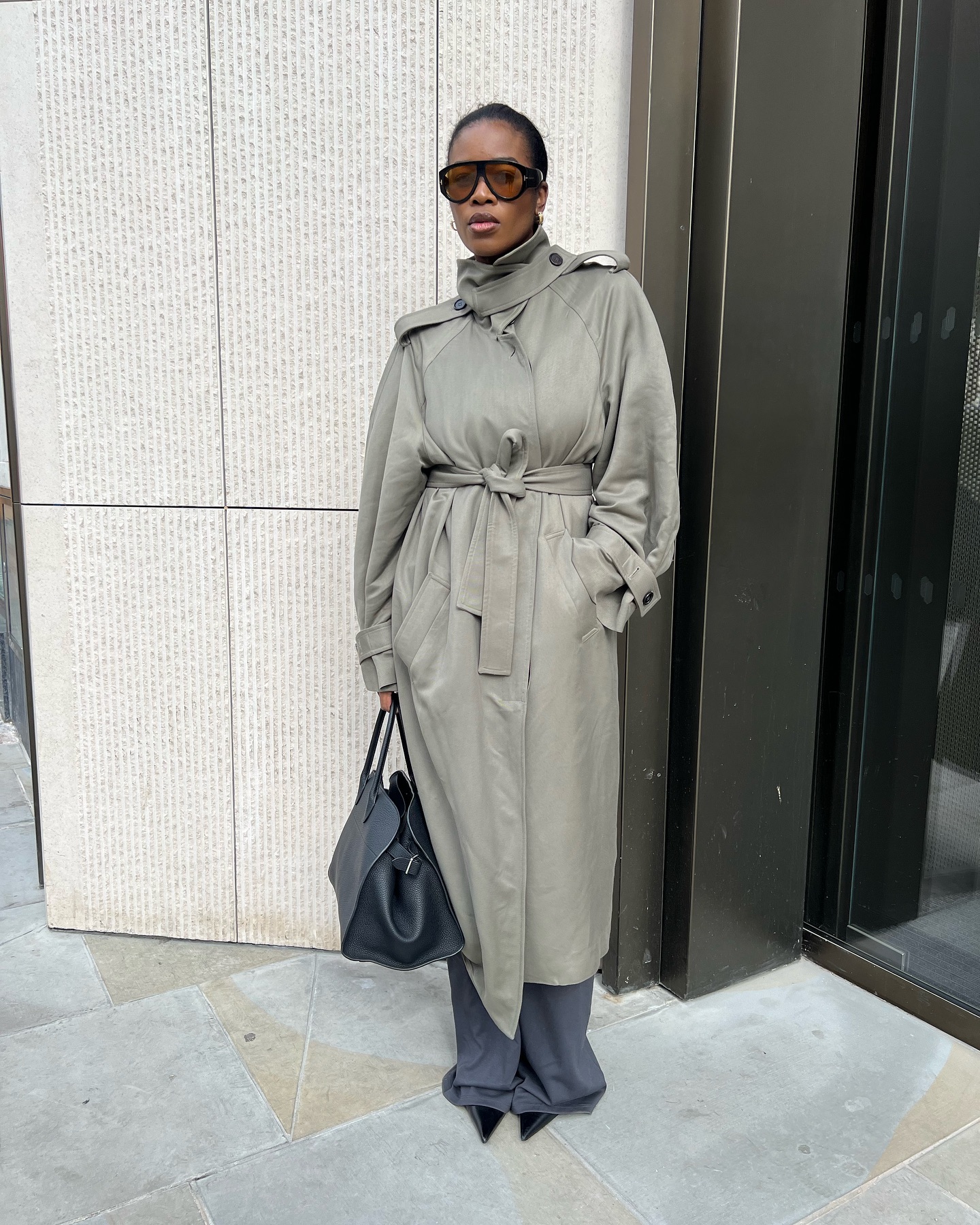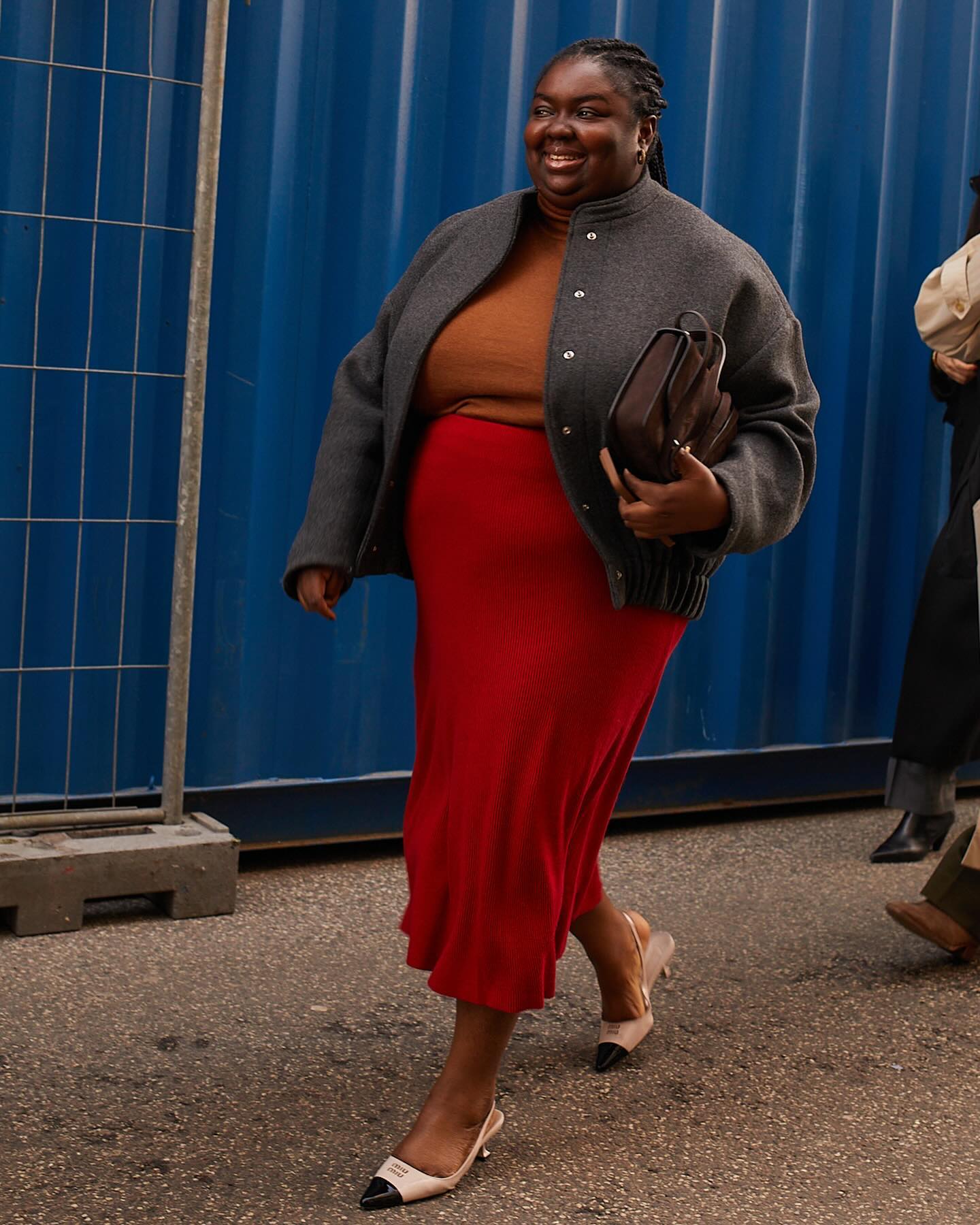Look Like a Fashion Person in 60-Degree Weather With These 9 Outfit Formulas

Whether you reside on the bustling streets of the East Coast or the laid-back charm of the West Coast, navigating fall weather can often feel like a puzzle. One moment, you might be basking in an unseasonably warm 80 degrees, and the next, you’re bundling up against a brisk 60-degree chill. I find the latter particularly inviting, especially during October and November. There’s something delightful about the cool air that allows me to embrace fall festivities outdoors while showcasing my favorite layered looks.
Yet, when it comes to dressing for those crisp 60-degree days, I often find myself at a loss. To prepare myself for the oncoming chill, I spent some time exploring the vast world of Instagram, gathering inspiration from a variety of outfits that I envision myself—and all sorts of fashion people—wearing this fall.
Below, I’ve compiled nine thoughtfully curated outfit combinations that provide warmth and elevate your fall style. These ensembles feature inviting knits that envelop you in comfort, sophisticated wool coats that exude elegance, and graceful long hemlines that flow with movement. So, dive in and experiment with each look, but act swiftly—those fleeting 60-degree days have a way of disappearing in the blink of an eye.
1. Blue Jeans + Blazer

Blue jeans are a year-round staple, but we particularly love them in fall when paired with black and navy, as seen here. Grab a relaxed, wide-leg style and pair it with a belt, button-down shirt, oversize blazer, and textured loafers.
2. Scarf + Trousers

Fashion people are swapping their lightweight jackets for scarves and capes this fall. So take a note from their books and drape an oversize scarf over a simple T-shirt or long-sleeve top. Then, finish with tailored trousers and pointed-toe flats for an elegant look.
3. Trench + Tailored Pants

When you’re uncertain about what to wear, a bold statement coat can be your best ally—let it take center stage in your ensemble. This cold-weather season, many fashion people are gravitating towards funnel-neck jackets. These styles not only provide warmth but also exude a sophisticated air that elevates any look. While you can pair these jackets with various pant styles, I particularly love the aesthetic of puddle pants subtly peeking out from beneath the coat. This combination adds an effortless flair and contributes to a relaxed yet polished vibe.
4. White Jeans + Suede Jacket

White can make every outfit look significantly more expensive, but when paired with chocolate brown on a 60-degree weather day, this combination always looks so high-end. Recreate this brown-and-white look here with a chocolate brown suede jacket that’s not just on-trend but also warm, white straight-leg jeans, brown flats, and a cream-colored sweater.
5. Maxi Dress + Long Coat

Combine an airy maxi sweater dress with a sleek, long-tailored coat for an effortlessly stylish look perfect for 60-degree weather. This pairing not only keeps you cozy but also exudes an elegant flair that’s sure to turn heads. And, I’ll give you brownie points if both pieces are in the same hue, as it creates a really elegant monochromatic vibe.
6. Slip Skirt + Bomber Jacket

Don’t put that silk skirt away just yet. Throw a cute bomber jacket and sweater over it, and finish with slingback heels if it’s not time to slip into tights yet. You’ll get extra points if you combine eye-catching colors like this red, gray, and rust mix.
7. Leather Jacket + Sneakers

Leather jackets evoke the unmistakable feeling of cool, crisp 60-degree weather, where the air is just brisk enough to warrant a stylish outer layer. Instead of a black style, grab a dark brown or burgundy one and team it with wide-leg pants, a tee, and retro-inspired sneakers to create a sporty-chic look.
8. Textured Pants + Chunky Sweater

Textured pants, such as suede and corduroy, are making a comeback, and they’re the perfect choice for when the temperature drops below 70 degrees. Not only are they soft to the touch, but they also add an elegant touch that enhances the look of any winter sweater you pair with them.
9. Pleated Skirt + Tights

To create the perfect quintessential fall ensemble, consider the elegant combination of sheer tights and a stylish skirt. Sheer black tights offer a chic way to showcase your legs while providing warmth.
Instead of reaching for your usual mini skirt, opt for a pleated midi skirt. This length is flattering and perfect for various occasions. Finish with black pumps, which will elongate your legs and give you a graceful, polished appearance.
This post was published at an earlier date and has since been updated.
Explore More:
Source: WhoWhatWear
Related Posts
- 5 foods you must have if want Korean Glass Skin
- I Asked the Coolest People I Know: What Makes an It-Girl Lip Balm?
- 7 hairstyles for women popular in 2025 weddings
- 12 Coconut Perfumes That Smell Like an Expensive Vacation (and Not Sunscreen)
- The 6 Hats Everyone Will Be Wearing Instead of Bucket Hats This Summer





